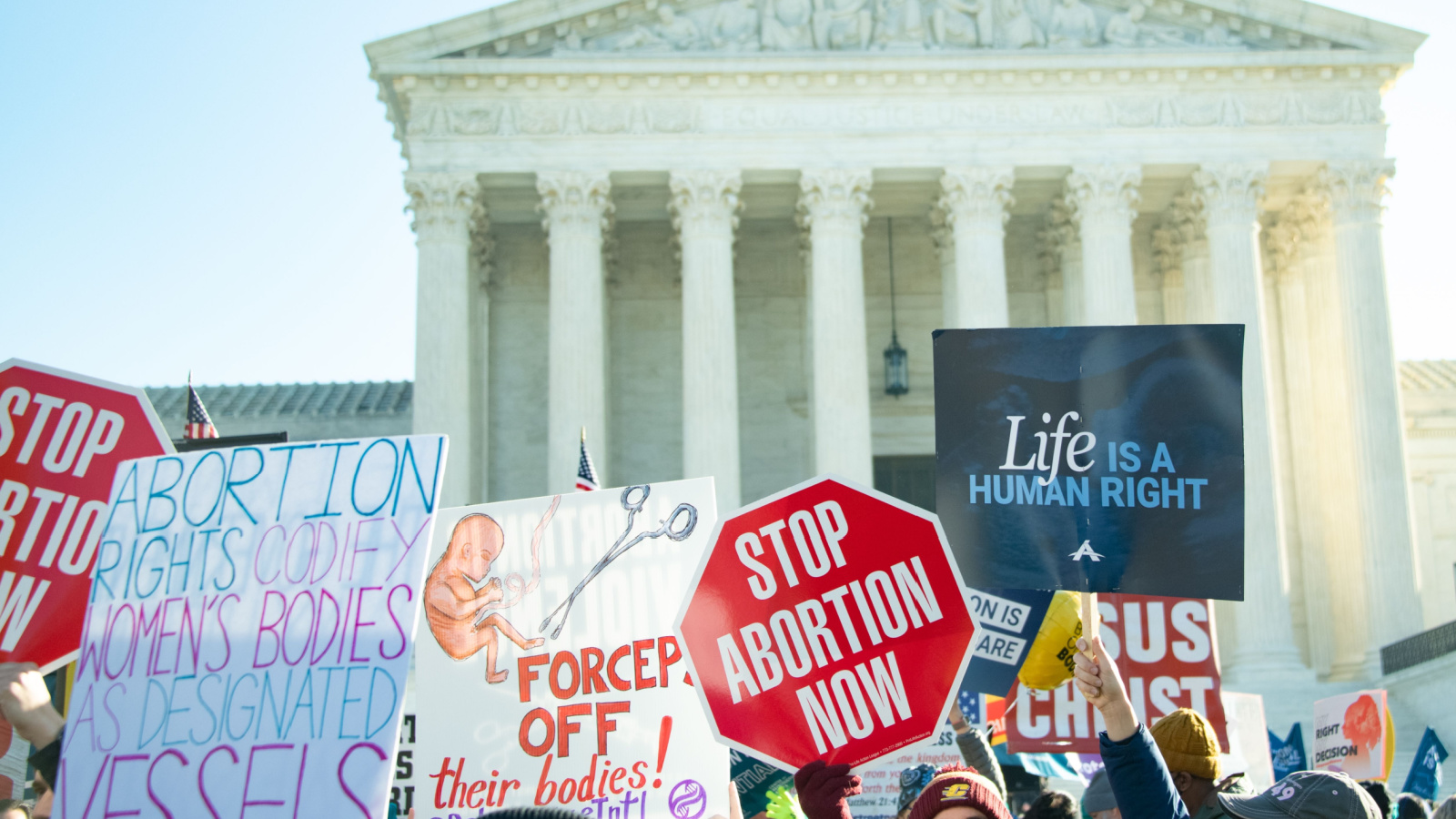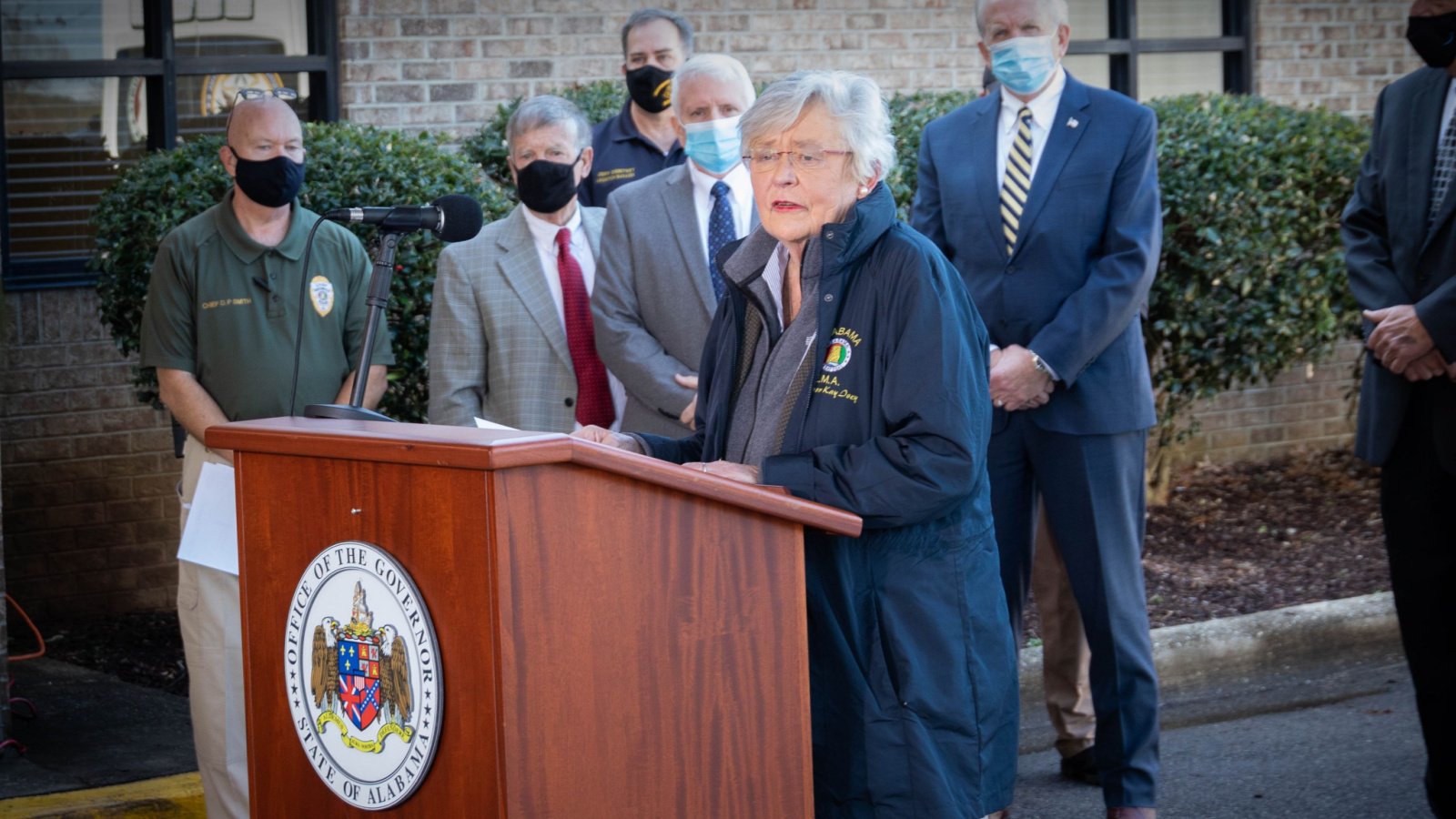The Alabama legislature, controlled by the Republican Party, passed a law granting civil and criminal immunity to medical practitioners performing in-vitro fertilization (IVF) procedures. This move effectively shields doctors from liability for any harm or death to embryos during the IVF process. As a result, IVF clinics who had halted their practice can now reopen after a week of legal uncertainty.
Reaction to State Supreme Court Ruling

The legislative decision follows closely on the heels of a controversial ruling by the Alabama Supreme Court, which declared frozen embryos to be children nearly two weeks prior. This ruling ignited a nationwide debate on the practice of IVF in the United States, highlighting the complex intersection of reproductive technology and legal definitions of life.
Political and Ethical Quandary for Republicans

The Supreme Court’s decision placed Republican lawmakers in a precarious position, forcing them to navigate a politically charged and ethically complex issue. This comes at a crucial time as the party attempts to articulate its stance on abortion rights ahead of the upcoming 2024 election cycle.
Legislative Intentions and Future Directions

The newly approved law aims to provide legal protection for fertility clinics that had halted IVF services in the aftermath of the court’s ruling. While offering immediate relief, Republican legislators have signaled their intention to conduct a more thorough examination of the state’s policies on reproductive technologies.
Seeking Compromise

Representative Terri Collins, a Republican and the bill’s sponsor in the House, emphasized the effort to find a compromise that would allow IVF clinics to resume operations. She acknowledged the necessity of engaging in a deeper legislative discussion to address the complexities of the issue.
National Implications of the Debate

The discourse surrounding the bill’s passage underlines the broader national conversation about reproductive rights and the legal status of embryos. It also hints at the potential challenges and debates that Republican lawmakers across the country might face in the near future.
Diverse Criticisms

The legislation has attracted criticism from both sides of the abortion debate. Anti-abortion advocates express concern that the law might undermine Alabama’s strict anti-abortion policies, while reproductive rights supporters argue it fails to adequately counteract the Supreme Court’s stance on fertilized eggs.
Swift Legislative Action

In response to the urgent need for clarity and legal protection for IVF clinics, identical versions of the bill were rapidly introduced and passed in both the House and Senate. This expedited process underscores the legislature’s recognition of the critical impact of the Supreme Court’s ruling on reproductive healthcare services.
Governor’s Support

The legislation now awaits the signature of Governor Kay Ivey, who has expressed her support for the legislative effort. This marks a crucial step in the process, enabling the law to take effect and potentially allowing fertility clinics to reopen.
Anti-Abortion Sentiments

Among the voices of dissent, some lawmakers fear that the bill could be perceived as a departure from Alabama’s traditionally strong anti-abortion stance. This reflects the ongoing tension within the state over how to balance reproductive rights with deeply held anti-abortion values.
Democratic Perspective

Democrats in the legislature have framed the issue as a consequence of the Republican majority’s previous actions, particularly the inclusion of fetal personhood language in the state constitution. They argue that the current situation was predictable and call for a more comprehensive approach to resolving the underlying legal and ethical issues.
Call for a Permanent Solution

As discussions continue, there is a consensus among some lawmakers for the need to establish a more permanent and clear legislative framework that addresses the concerns raised by the Supreme Court’s ruling without compromising reproductive rights or medical practices.
IVF Patients’ Urgency

Patients undergoing IVF treatments have voiced their urgent need for legislative action, highlighting the personal and financial stakes involved. Their testimonies underscore the immediate impact of the legal uncertainty on families and individuals seeking reproductive assistance.
Looking Ahead

As Alabama navigates this complex legal and ethical landscape, the legislation represents a temporary measure in the broader debate over reproductive rights and technology. Lawmakers, patients, and advocates alike await further developments, hoping for solutions that balance ethical considerations with the needs of those seeking IVF treatments.







